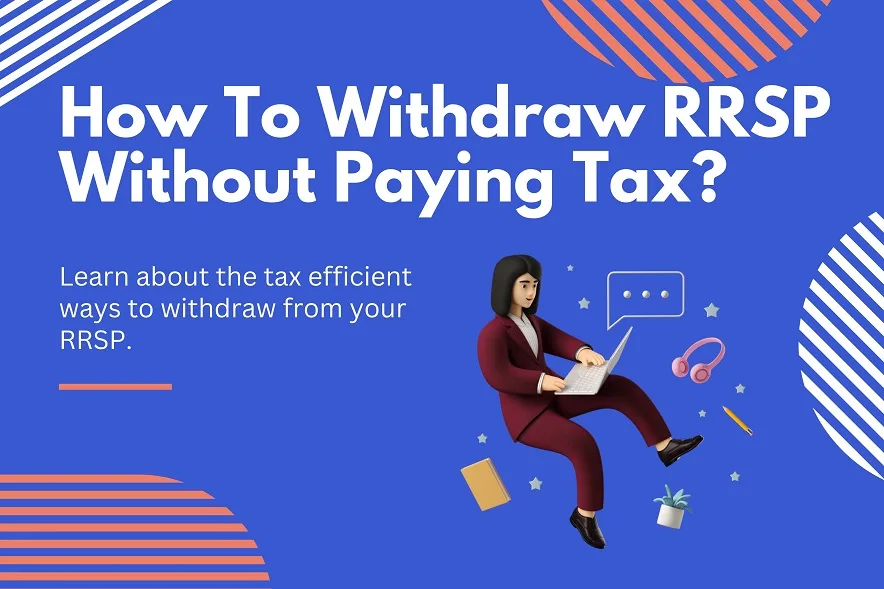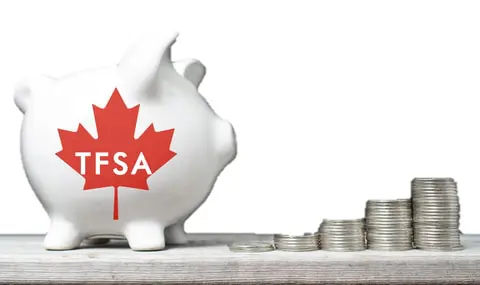In the vast landscape of Canada’s real estate market, navigating the complexities of rental income taxation is a crucial aspect for landlords and property owners. As we step into 2024, understanding how rental income is taxed can significantly impact financial decisions and obligations. Let’s delve into the intricacies of rental income taxation in Canada and shed light on the latest updates and insights for the current year.
Rental income taxation in Canada is governed by a set of rules and regulations outlined by the Canada Revenue Agency (CRA). Whether you’re leasing out a residential property, commercial space, or vacation home, the taxation framework applies universally. The treatment of rental income, deductions, expenses, and reporting requirements all play a pivotal role in determining your tax liabilities and optimizing your financial strategy.
Contents
Rental Income Taxation Fundamentals:
Before delving into the specifics, it’s essential to grasp the fundamental principles of rental income taxation in Canada. Rental income is generally considered as part of your taxable income and is subject to federal and provincial income taxes. This income encompasses rent collected from tenants, advance rent payments, and additional payments for services or amenities provided.
Key Components of Rental Income Taxation:
Understanding the components that contribute to the taxation of rental income is paramount for accurate reporting and compliance. These components include gross rental income, allowable expenses, capital cost allowance (CCA), and net rental income. Gross rental income refers to the total amount received from tenants before deducting any expenses. Allowable expenses encompass a wide range of costs associated with owning and maintaining the rental property, such as property taxes, mortgage interest, insurance premiums, utilities, repairs, and property management fees. Capital cost allowance allows property owners to claim depreciation on the building’s value and certain eligible assets over time. Net rental income is calculated by subtracting allowable expenses and CCA from gross rental income, representing the taxable income from rental activities.
Tax Implications and Strategies:
Navigating the tax implications of rental income requires careful consideration of various factors and strategies. Rental income is taxed at your marginal tax rate, which varies depending on your total income and tax bracket. Additionally, rental income is subject to additional levies such as the Canada Pension Plan (CPP) and Employment Insurance (EI) premiums. However, landlords may leverage various deductions and credits to minimize their tax liabilities and maximize their returns. Deductible expenses, including mortgage interest, property taxes, maintenance costs, and professional fees, can significantly reduce taxable rental income. Furthermore, strategic planning, such as income splitting with family members, utilizing tax-deferred accounts, and optimizing capital gains exemptions, can further optimize your tax position.
Recent Updates and Legislative Changes:
As the tax landscape evolves, staying abreast of recent updates and legislative changes is imperative for landlords and property owners. The Canada Revenue Agency periodically introduces amendments to rental income taxation rules, eligibility criteria for deductions, and reporting requirements. It’s essential to monitor these developments and ensure compliance with current regulations to avoid penalties and audits. Additionally, seeking guidance from tax professionals or financial advisors can provide valuable insights and assistance in navigating complex tax matters.
Conclusion:
In conclusion, understanding how rental income is taxed in Canada is essential for landlords and property owners to optimize their financial outcomes and ensure compliance with regulatory requirements. By familiarizing yourself with the fundamental principles, key components, tax implications, and recent updates, you can navigate the intricacies of rental income taxation with confidence and precision. Remember to leverage deductions, credits, and strategic planning strategies to minimize tax liabilities and maximize returns. For personalized guidance and tailored solutions, consider consulting tax professionals or financial advisors to streamline your tax planning process and achieve your financial goals.
Read more about rental income taxation on the Canada CRA website.
Learn more about optimizing your tax strategy for rental income.





One thought on “How Rental Income is taxed in Canada in 2024”